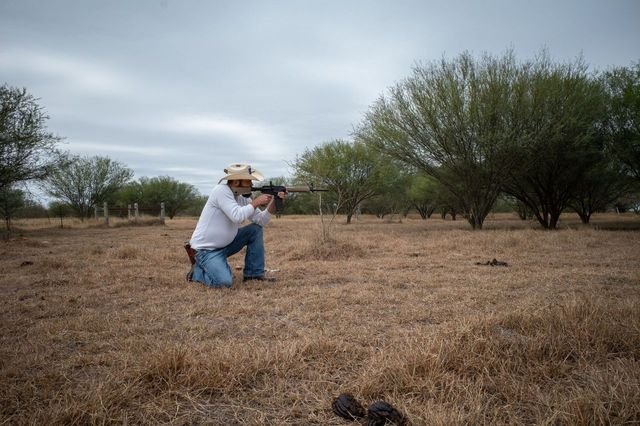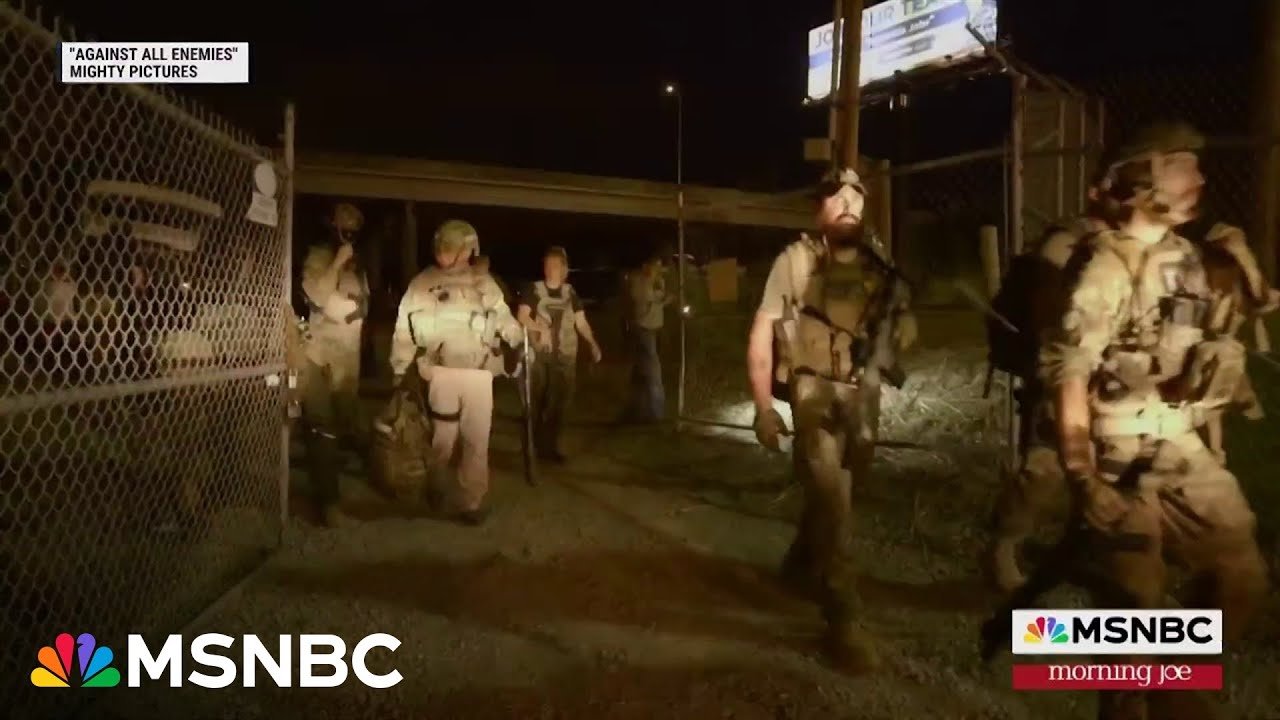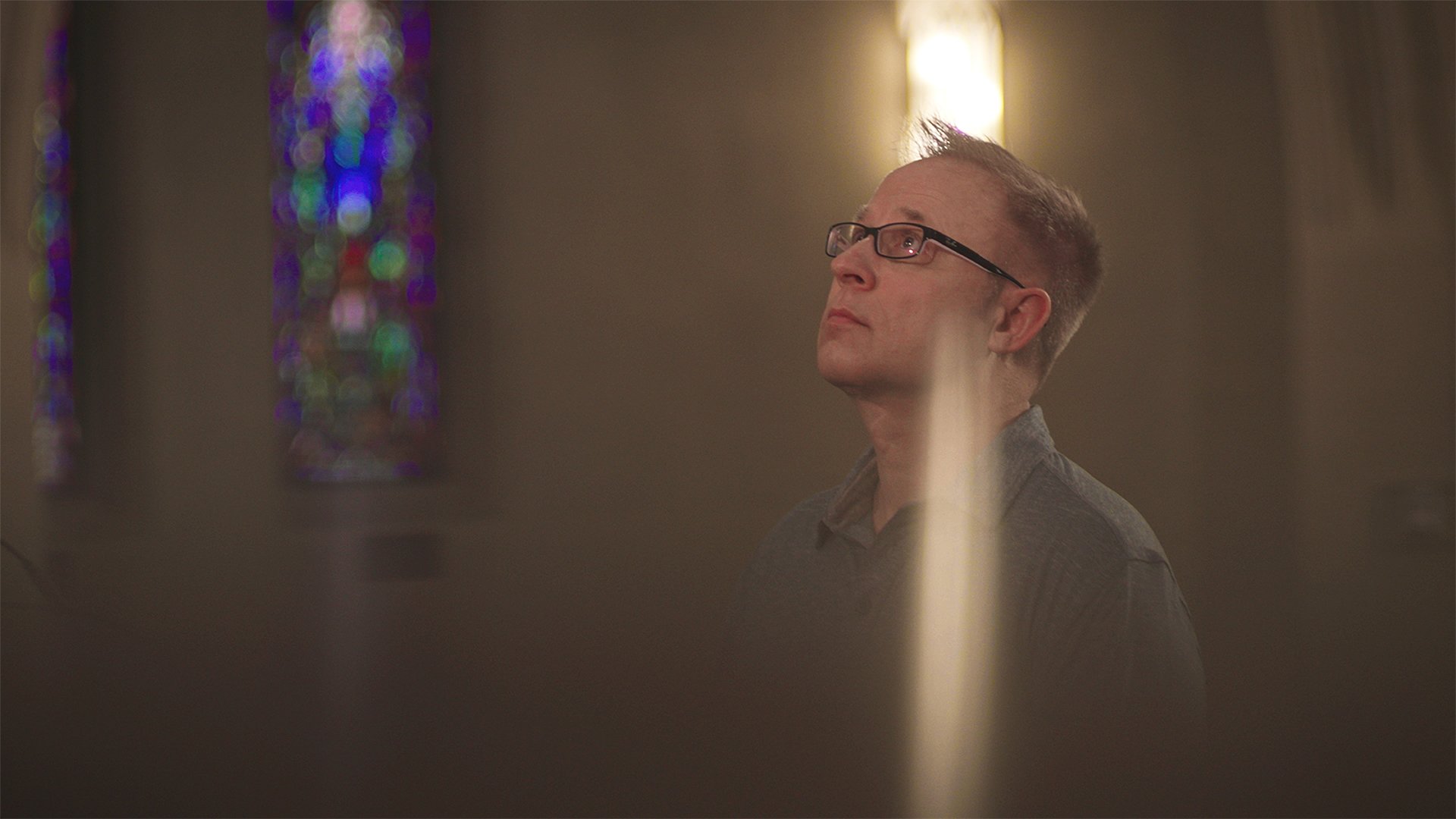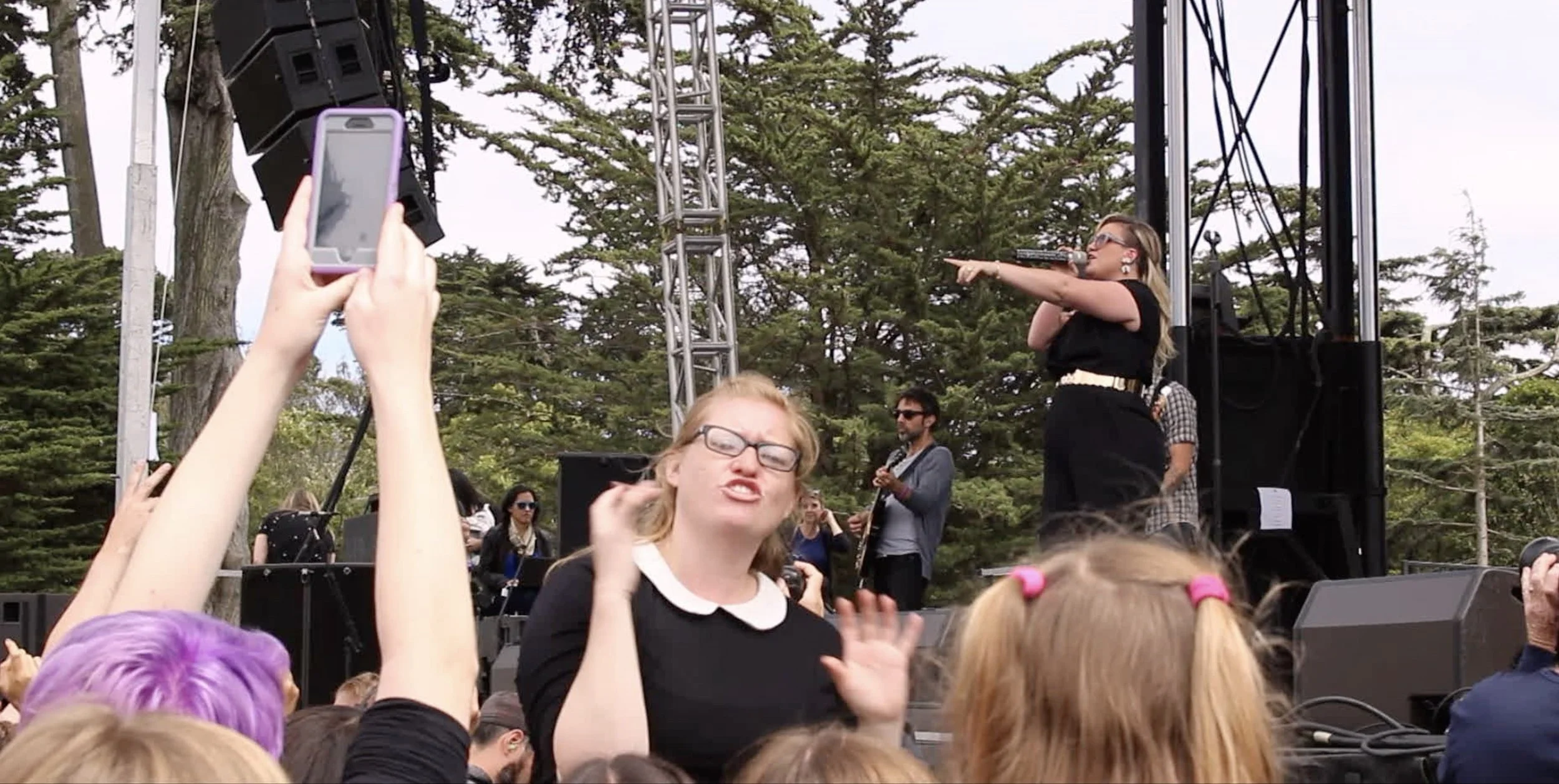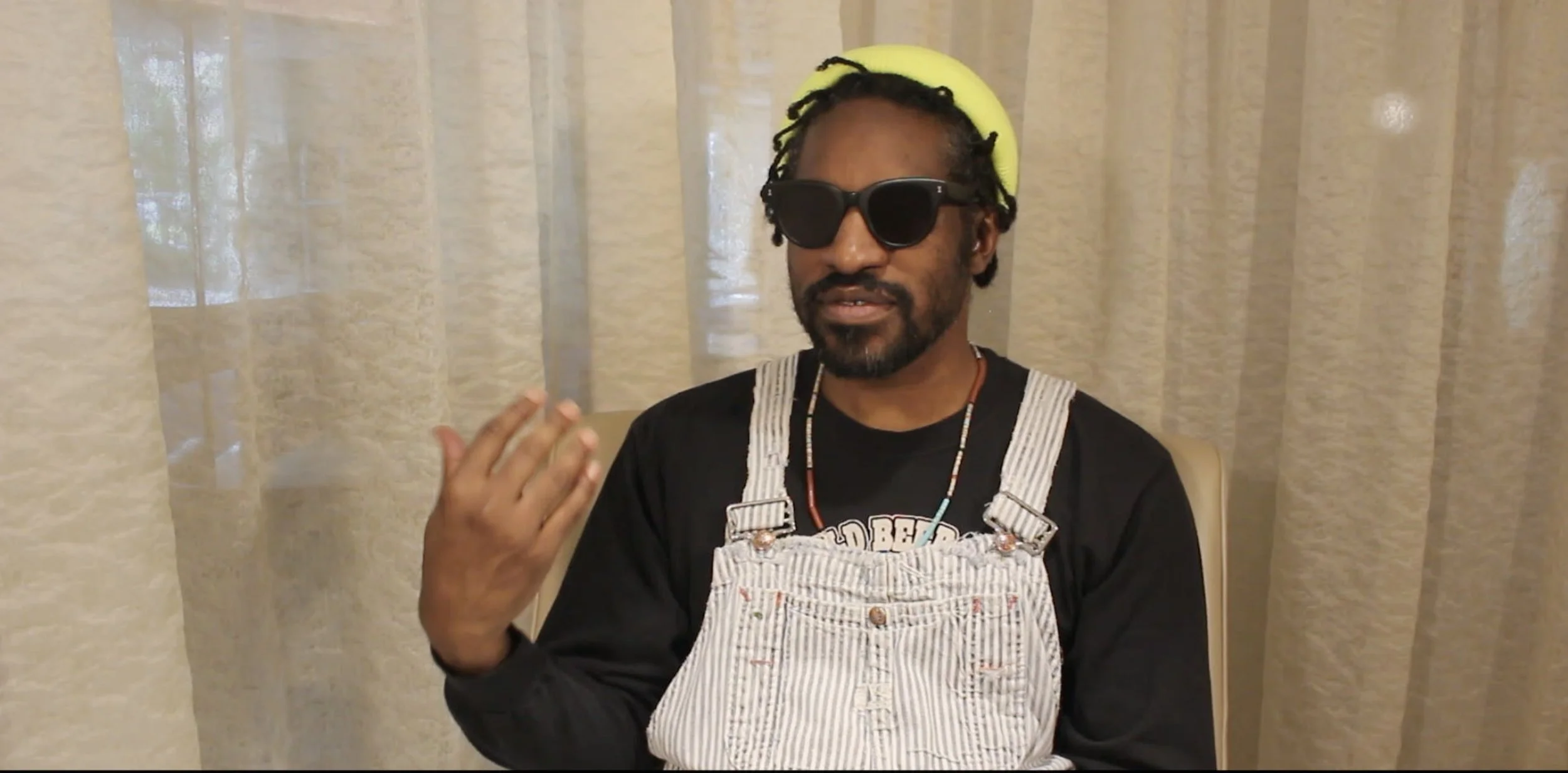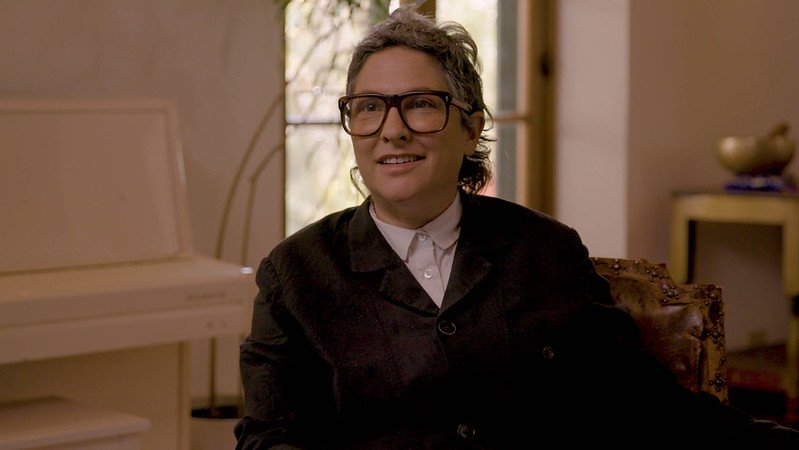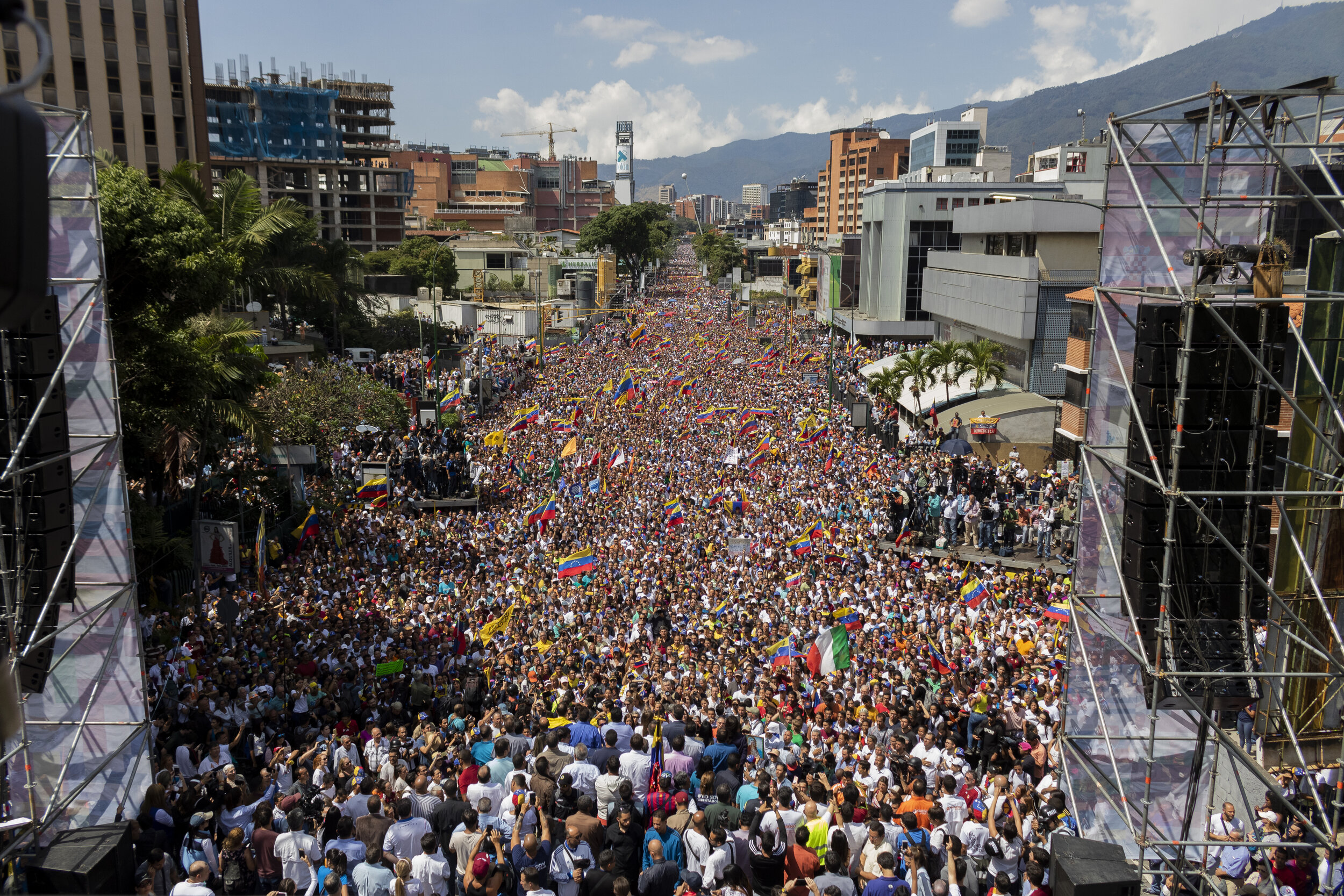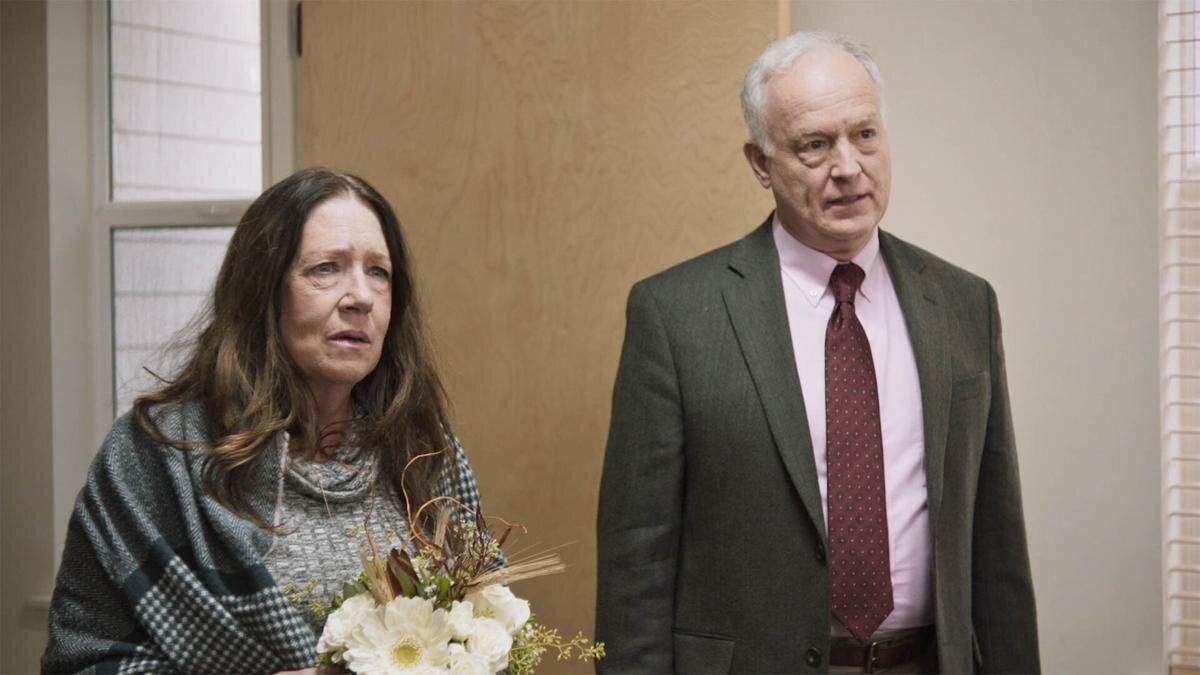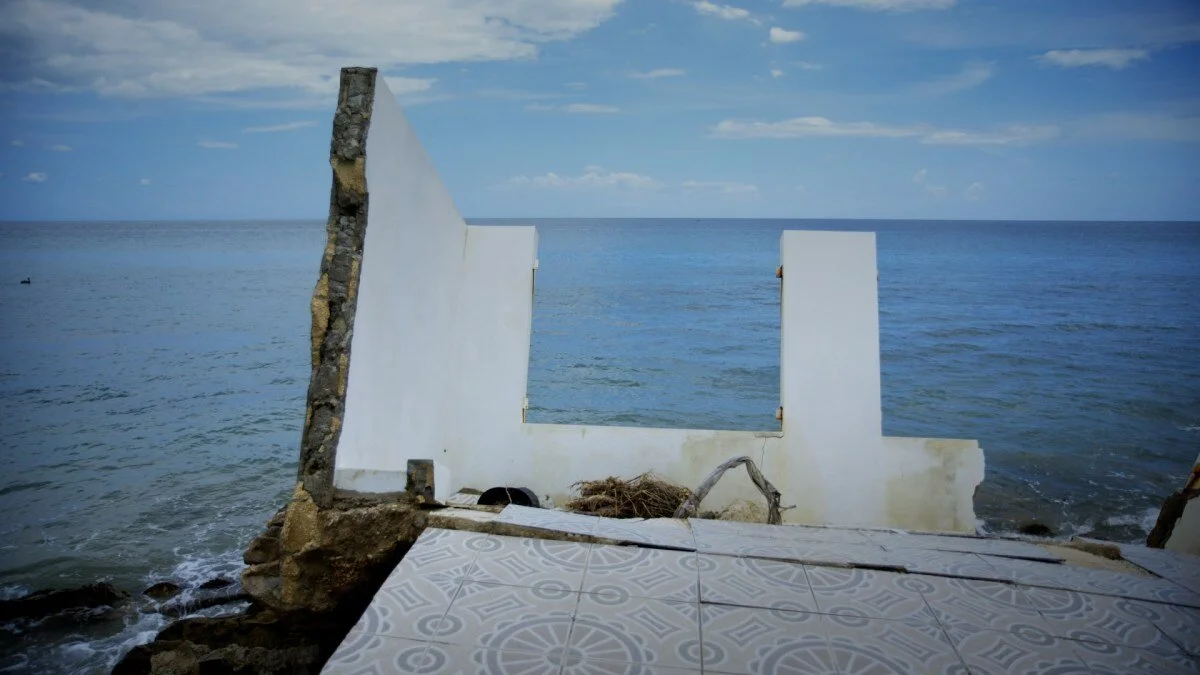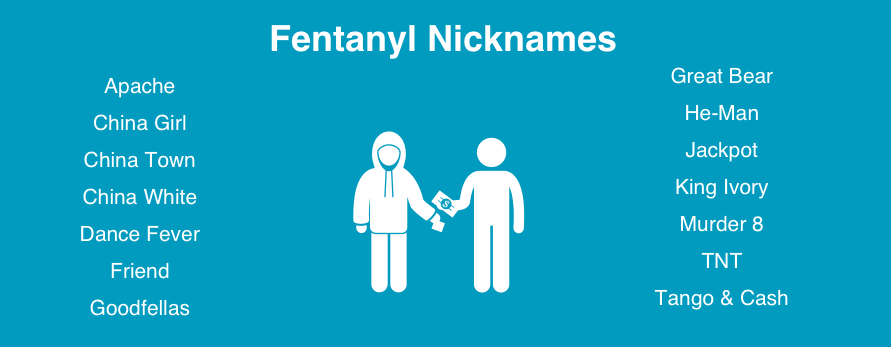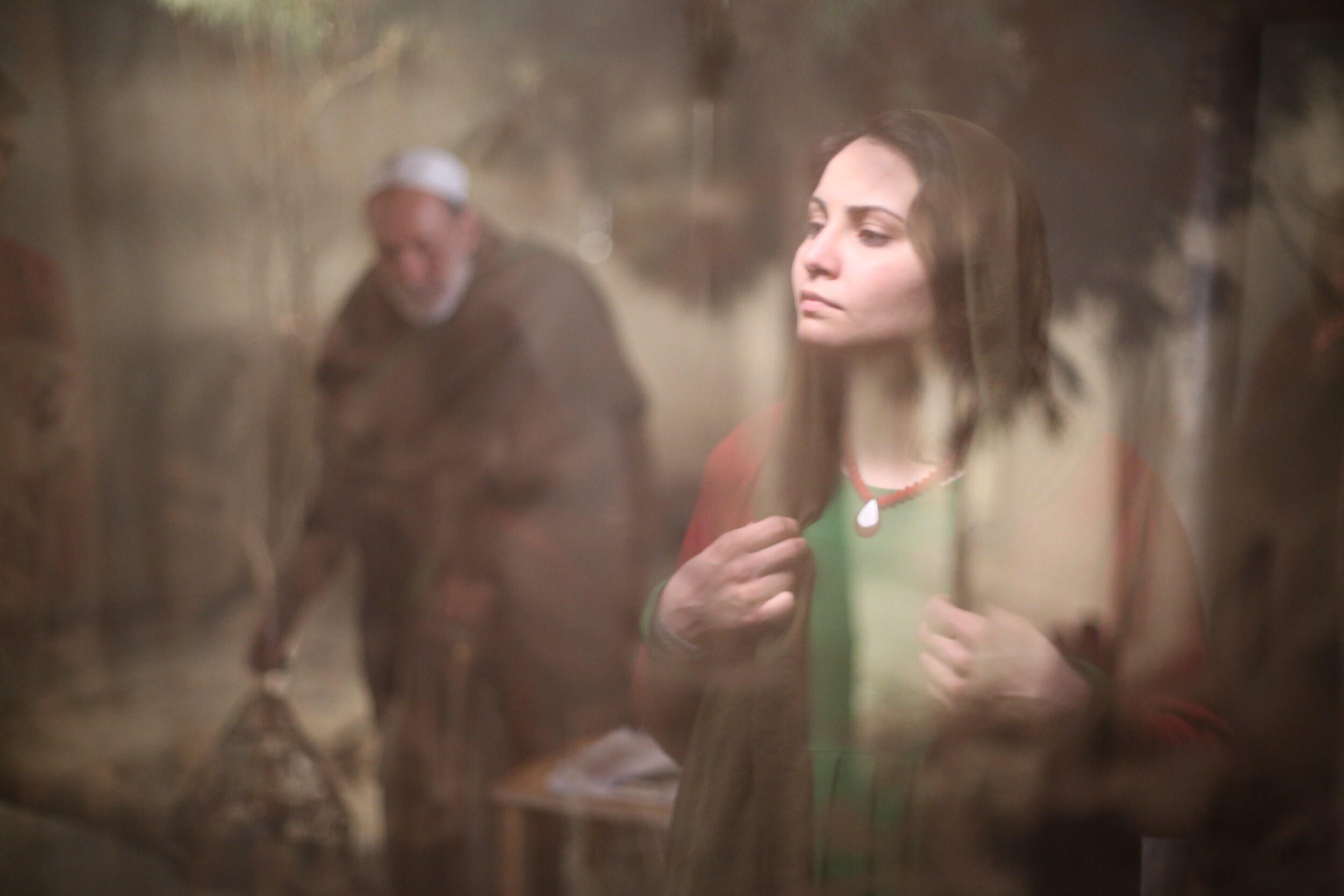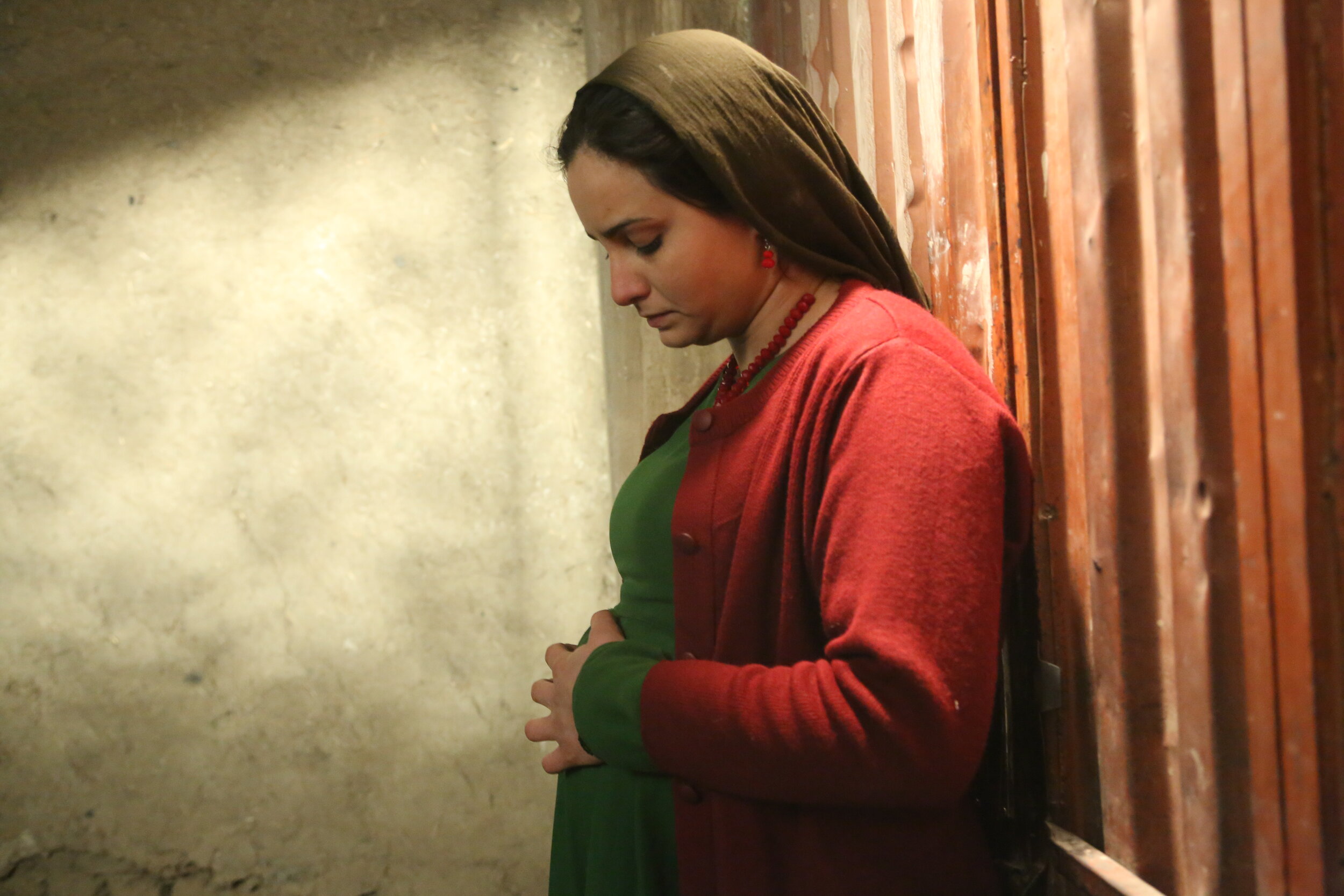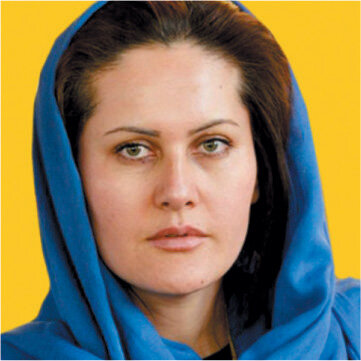The Falling Sky: A Rare Glimpse Into a Longstanding Indigenous Culture
KimStim
The Falling Sky is a new documentary by filmmakers Eryk Rocha and Gabriela Carneiro da Cunha. Following the Yanomami people, who, for centuries have lived in the northcentral part of Brazil, in the Amazon rainforest.
The film focuses on Shaman and tribe leader Davi Kopenawa, who talks about the ancient stories of shamanism, and how it is passed on from generation to generation. It also talks about how hard his people continually work to end the devastating effects of colonization and deforestation.
A peaceful existence
The film uses a cinematographic focus, relying completely on the indigenous people to tell the tale. During the time they were filmed, the people are preparing for an annual celebration and feast, called the Reahu rite, which is the most important time in their “cosmology'‘.
This particular celebration is in honor of another great Shaman, Kopenawa’s father in law, who had passed within the last year.
Kopenawa fears that their shamanism might soon die out due to the reckless greed of the “Merchandise People”, the name he uses for the white gold rushers currently ruining the land.
His fear is that, without Shaman’s there will be no one to “hold up the sky” for humanity and that the world may come into an extinction of sorts.
These people have already begun to see many of their children die due to rampant malaria and other diseases, that the white people bring to the area.
The Yanomami people are very spiritual and believe that the spirits of their gods and ancestors, the Xapiri, who protect their people and the earth, have grown angry with the mass destruction of the world, and will cause the end of the world.
Kopenawa fears that the Xapiri will, and are, exacting their revenge upon these greedy capitalists, through destructive weather patterns and, if humanity can’t find an equilibrium, all will fall into chaos. This is what scientists have been predicting for many years, in what we know as climate change.
Kopenawa isn’t hopeful that the film will reach the people who have the power to end all of this greed, but hopes that the audience will hear their cry and fight along with them, to save these ancient tribes and respect their way of life, and their land.
Collectively, the tribes of the area work together, urging Brazilian people in power to silence the ravaging caused by greed, and to bring back balance to the Earth, their people, and their spiritual guides.
KimStim
in all honesty…
The Falling Sky is an out of the ordinary film that immortalizes an ancient culture, many of us haven’t seen or been aware of, before.
It is clearly a labor of love by the filmmakers for the Yanomami people, as the film stays entirely centralized on them.
It is a moving mosaic of a culture that has spent centuries living in balance with nature, only to watch it crumbling around them.
It paints for us their daily lives, and their deep, ethereal beliefs that fully intermingle with the natural beauty around them. The people and their lands are one, built upon a system of deep respect for mother nature.
Rocha and Carneiro da Cunha explain that “we did not want, in this film, to reproduce the same media images already proliferated on a large scale, but rather to create an aesthetic, political and cinematographic expression that would bring to the fore the beauty, courage and vitality of the Yanomami and the Watorikɨ community”.
And they have exquisitely achieved that, had it been a National Geographic-esque piece about the people. However, much of the messages surrounding the themes they attempt to communicate, become lost, because it leaves us with far too little information and an abundance of questions.
In a couple short scenes, we hear the Yanomami people speak about their culture, and the powerful, spiritual insight they have regarding the white people who are destroying their land.
Then the film jumps to random sections of people working together, cooking, chanting and walking around, that left me wondering what was going on. Where’s the message and its context in these scenes? What else are we seeing, and why?
There is over seven minutes in the opening scene, of a group of Yanomami people walking from one end of a field to another. That’s it.
At one point, a Yanomami woman speaks about her concern of other girls being raped, without any previous context of what she is talking about, until later. Not till them do we realize that these “merchandise people” are also assaulting the women.
KimStim
The topic seems to come out of left field within the contained, small world, peaceful living esthetic that is shown throughout. The filmmakers keep us so far away from the conflict happening, it is easy to forget that it is happening at all.
I felt that, had there been more editing, context, and even the smallest amount of exchange from the filmmakers to the audience, it would’ve still lived up to what the filmmakers wanted, while keeping us more engaged.
I had the press notes to read about and understand all of what the filmmakers objectives were, but regular audiences won’t, so they may misconstrue the point of what is being shown.
It left such a sense of disconnect that, I think, really failed the Yanomami and the audience. What good does it do to create such intimacy in pictures, just to leave us completely separate from understanding what we are watching at any given time?
The message that the film wants to impress upon people is so vital, that we need to feel closer to the Yanomami, and what is happening to them. For most of us, this film will be our only access to their world, so connection is even more crucial.
Still, the film shows us beyond the mystery, into a subculture of indigenous people, who are living despite the centuries of colonialism and destruction of their land, proving their strength, vitality and resilience.
Their existence is a living testament of rebellion and fortitude against the imbalances that other, larger societies often ignore. It is a rallying cry, to wake humanity up and see how much damage we have caused to the “mother” that sustains us all.
No matter what the billionaires say about moving to Mars, Earth is our only home. We must start giving back to it, for all that it has given to us.
One question that remains is: Will we ever awaken before it’s too late?













